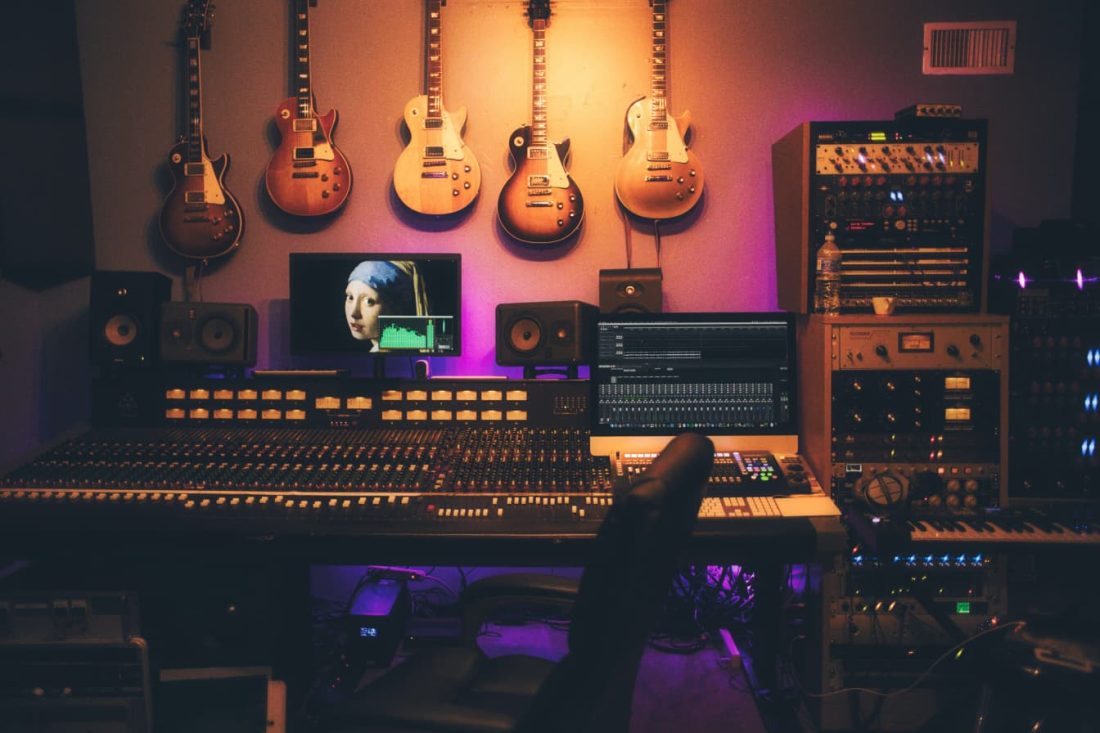Professional music studios are often viewed as luxurious, high-end spaces where the world’s most famous artists record their albums. But what makes them so expensive? In this comprehensive guide, we will explore the various factors that contribute to the high cost of professional music studios.
High-End Equipment
One of the primary reasons why professional music studios are so expensive is the high-end equipment they use. Professional-grade equipment is essential for producing high-quality recordings. Studios use top-of-the-line microphones, preamps, compressors, and mixers to capture and shape the sound of each instrument or vocal performance. These pieces of equipment can cost tens of thousands of dollars, and studios often have multiple versions of each type of equipment to accommodate different recording scenarios. The studio needs to invest in regular maintenance and repair of the equipment, which also adds to the overall cost.
Skilled Engineers and Producers
Professional music studios employ skilled engineers and producers who have years of experience in the industry. These professionals know how to use the equipment and software to get the best possible sound from each recording. They also know how to manage the recording sessions to ensure that every musician and performer feels comfortable and confident, resulting in better performances. The cost of these skilled professionals is reflected in the studio’s hourly rates. Furthermore, professional engineers and producers undergo extensive training to ensure they provide the best services to clients, which is another cost that is passed on to clients.
Prime Location
Professional music studios are often located in prime locations in major cities, such as New York, Los Angeles, and London. These locations can be expensive to rent or purchase, and the studio’s rental costs are often passed on to the clients. Additionally, these prime locations are often in high-demand areas with limited space, further driving up the rental costs. These studios are also located near other important industry players, such as record labels and publishing companies, making them more accessible to clients.
High Overhead Costs
Professional music studios have high overhead costs that need to be factored into their pricing. These costs include rent or mortgage payments, utilities, insurance, maintenance, and repairs. Additionally, studios need to invest in marketing, advertising, and client acquisition to attract and retain clients. All of these costs are reflected in the studio’s pricing structure. The cost of these overheads can be high due to the high-quality standard of the studio, location, and the equipment used.
Customizable Services
Professional music studios offer customizable services to their clients, which can also contribute to their high cost. These services include personalized mixing and mastering, sound design, and custom-built studios. Clients can also request additional services such as video production or marketing support, which adds to the overall cost of the project. Professional studios have an array of services that can be tailored to fit the client’s needs, but this personalization comes at a cost.

Extensive Production Time
Producing high-quality music is a time-consuming process that can take weeks or even months to complete. Professional music studios often offer extensive production time to ensure that the final product is polished and meets the client’s expectations. This time-consuming process requires the use of professional equipment, skilled professionals, and a dedicated space, all of which contribute to the high cost of the studio. The production time includes recording, editing, mixing, mastering, and producing the final product, which all add to the cost.
Licensing Fees
Professional music studios also need to pay licensing fees for the music they produce. These fees are paid to various organizations, such as ASCAP and BMI, that represent the songwriters and publishers. These fees ensure that the songwriters and publishers receive royalties for the use of their music. The cost of these licensing fees can vary depending on the size of the project and the number of songs being produced. Professional studios also need to obtain licenses for any samples or copyrighted material used in the production, adding to the overall cost.
Reputation and Prestige
Professional music studios often have a reputation for producing high-quality music, which adds to their prestige and brand value. Many artists and musicians choose to record in these studios to benefit from the prestige and reputation that the studio carries. The studio’s brand value and reputation can also be reflected in their pricing structure. Clients are willing to pay a premium for the opportunity to record in a prestigious studio and benefit from the studio’s reputation in the industry.
Competitive Industry
The music industry is highly competitive, with many studios vying for clients. To stand out in this competitive industry, professional music studios need to offer top-quality services and facilities, which can contribute to their high cost. These studios often invest heavily in marketing and advertising to attract clients and differentiate themselves from their competitors. The cost of these marketing and advertising efforts is also passed on to the clients.
In conclusion, professional music studios are expensive for various reasons. The cost of high-end equipment, skilled professionals, prime location, overhead costs, customizable services, extensive production time, licensing fees, reputation, and prestige all contribute to the high cost of these studios. While the cost may be high, the benefits of working in a professional music studio are undeniable. Clients receive high-quality services and access to the best equipment and professionals in the industry, resulting in a polished final product that meets their expectations.